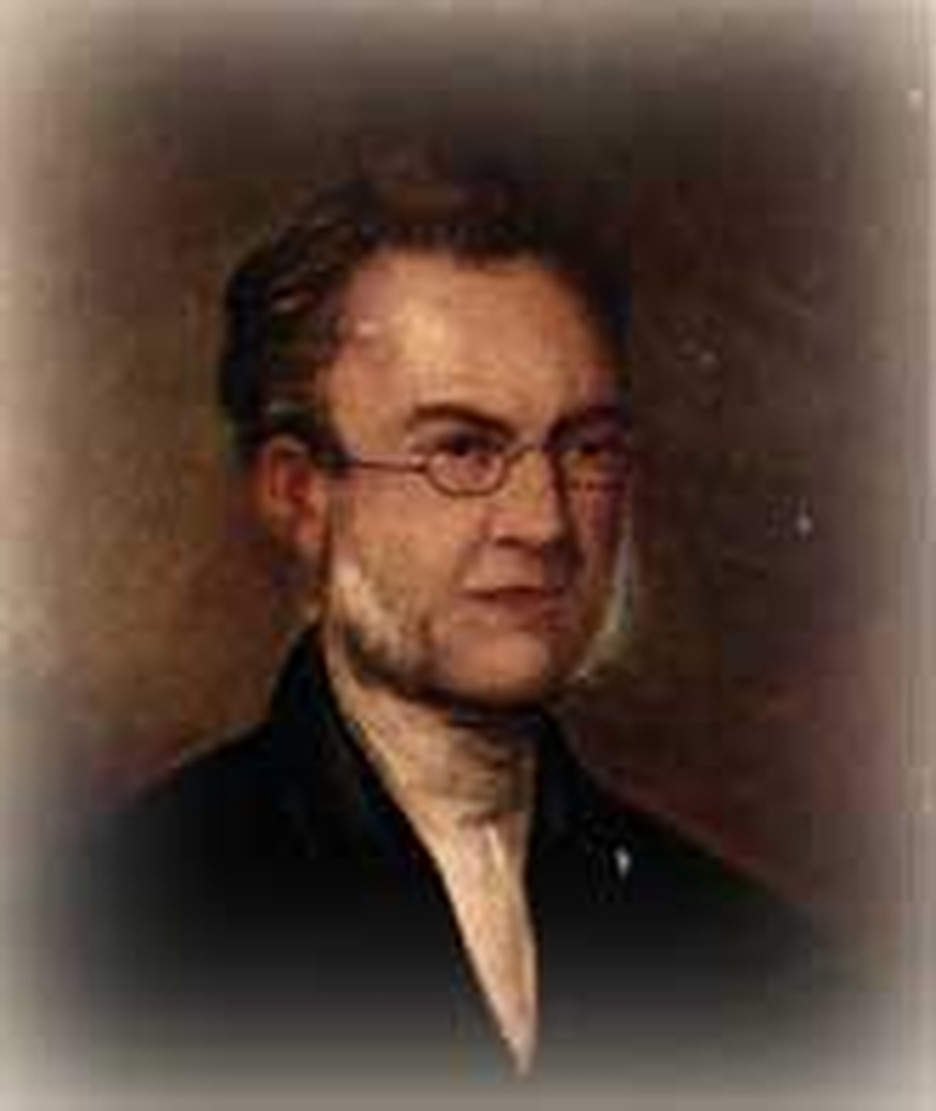
Some Christians exhibit an unusual degree of faith. On this day, March 5, 1834 George Müller and Henry Craik announced their intent to form a new society. It was to be called "The Scripture Knowledge Institution, for Home and Abroad." What made the decision so bold was that the institution had not a shilling to its name. Furthermore, it renounced gifts from the unsaved and rejected any indebtedness. This venture was but another stride forward in the life of faith to which Müller had committed himself.
As a young man, Müller had not been taught the way to salvation although his father intended him for a clergyman and he studied for it. All the while, he frittered his life in sin. This included drunkeness, thieving, cheating and lying on a scale sufficient to land him in jail. He stole government money from his father. Afraid of being caught at fraud, he made promises of reform, promises he could not keep. He even stole his confirmation fee!
At university a friend took him to a prayer meeting. Without formally asking Christ into his heart, he experienced a sense of peace. Soon he was studying scripture and spending time with Christians. Direct appeal to Christ enabled him to renounce the evils that had such a grip on him. For the sake of Christ, he burned a novel he was writing. He renounced the stipend his father supplied him, believing it was wrong to accept since his father opposed the mission work he proposed to do. He began to tell others of his escape from sin through trusting Christ.
This did not mean he was without fault. He tried to find God's will by relying on the lottery. He won (the sign he had set), but God sent him in a different direction. Sometimes he grew depressed. A few times he relapsed into consuming the alcohol which had formerly held him in bondage. Each time he had to return to his knees and seek God again. Finding himself attracted to a girl who cared nothing for Christ, he drifted into a prayerless life. Not until he gave up the girl did his peace return.
His faith grew. As a pastor, he refused to accept pew rents. Each person should contribure as God laid it on his or her heart, he said. He placed an offering box at the back of the church where each could give in sight of God alone. He would not announce his travel needs but left it to God to supply as he saw fit. When he married, he and his wife Mary sold all they could afford and gave it to the poor. When he built his orphanages, he prayed for every penny, never announcing his needs.
Similar financial principles governed The Scripture Knowledge Institution. Established to aid Sunday Schools, circulate the scriptures and help missionaries, the institution thrived and expanded, obtaining a world-wide influence. A bold move? For most, perhaps. For one who truly believed God's promises, no.
Bibliography:
- "Müller, George." Biographical Dictionary of Evangelicals. Timothy Larsen, editor. Downers-Grove, Illinois: Intevarsity Press, 2003.
- "Müller, George." The Oxford Dictionary of the Christian Church. Edited by F. L. Cross and E. A. Livingstone. Oxford, 1997.
- Pierson, A. T. George Müller of Bristol. Grand Rapids, Michigan: Kregel Publications, 2000.
Last updated May, 2007.







